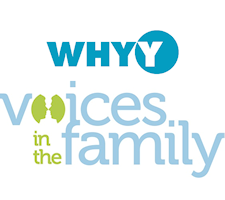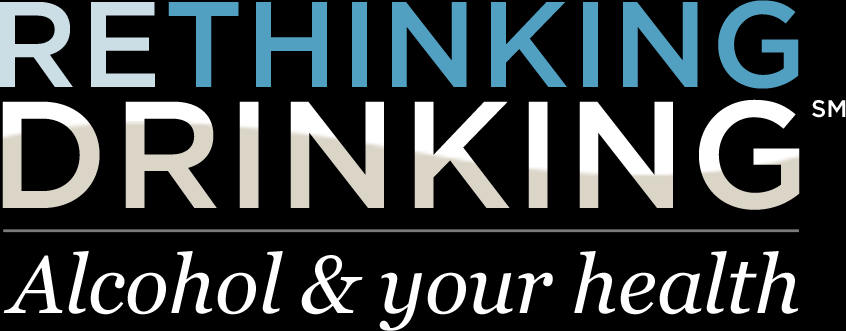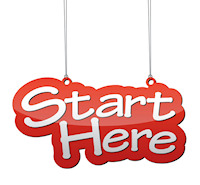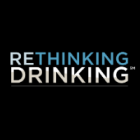Daily Archives: December 15, 2017
The Opioid Epidemic—From The Headlines to Hope share

In this episode of Voices in the Family, so many different topics regarding our nation’s opioid crisis are touched on in a very thoughtful, research-based, helpful way. These include: personal stories of how some people fall into addiction; the vulnerability of the adolescent brain to addiction; grief and loss to addiction; how to cope with the issues that arise when you love someone with addiction; tips for what to do and not to when talking with a loved one who is addicted; the value of treating people as individuals, and effective modes of treatment. Lots of great stuff here.
Possible Trigger: I want people to know that parts of this episode could be very upsetting to some because there are people who have lost their loved one to addiction.
The Opioid Epidemic-from the headlines to hope : Voices in the Family : Health : WHYY
The news can sound dire. Opioid addiction is ruining families and taking lives at an ever increasing rate. In this roundtable discussion, Dr. Gottlieb brings together a clinician, researcher, family members and individuals in recovery to go beyond the headlines and look at what is working to bring addicts into treatment.
Rethinking Drinking share
 Have you wondered whether you might be drinking a bit too much? Maybe friends have started to suggest that it’s time to think about cutting back. This website, published by the National Institute of Health, provides research-based information that will help you learn more about whether your drinking is still in the safe zone or if it is starting to become a problem. Age, health status, gender are all things that can play a role in how much is too much or how often is too often.
Have you wondered whether you might be drinking a bit too much? Maybe friends have started to suggest that it’s time to think about cutting back. This website, published by the National Institute of Health, provides research-based information that will help you learn more about whether your drinking is still in the safe zone or if it is starting to become a problem. Age, health status, gender are all things that can play a role in how much is too much or how often is too often.
Te site helps you to do the math to see how your alcohol consumption compares to US citizens in general and identify whether you are at risk for problem drinking, If you decide that it’s time to cut back on your drinking, the website offers practical ways to in a way this doesn’t make you feel like a teetotaler but keeps your mental and physical health safer…and perhaps your sense of self-respect too. Bear in mind that for some people, alcohol is an all or nothing deal…one drink and the next thing you know, you’re in blackout. Resources are offered to get help, if you need to stop completely and are struggling to do so.
Community Reinforcement and Family Training (CRAFT) share
 The CRAFT (Community Reinforcement and Family Training) program (briefly described in the video below) was created by the Center for Motivation and Change teaches people who love a person with an addiction how to walk the delicate balance of loving and accepting your loved one for the entirety of who they are right now, including their challenges, while at the same time, being able to have conversations with them that can gradually open their thinking to the possibility of deciding to make a change. It can also help you to “get off of the roller coaster” that addiction creates in people’s lives. You still have to struggle with the emotional pain of watching your loved one who is still on that roller coaster, but you can create a better life for yourself when you recognize what you can and can’t control. Check out their their 20-Minute Guide. This is a private business that I have no connection to. However, I think that what they have to offer is valuable.
The CRAFT (Community Reinforcement and Family Training) program (briefly described in the video below) was created by the Center for Motivation and Change teaches people who love a person with an addiction how to walk the delicate balance of loving and accepting your loved one for the entirety of who they are right now, including their challenges, while at the same time, being able to have conversations with them that can gradually open their thinking to the possibility of deciding to make a change. It can also help you to “get off of the roller coaster” that addiction creates in people’s lives. You still have to struggle with the emotional pain of watching your loved one who is still on that roller coaster, but you can create a better life for yourself when you recognize what you can and can’t control. Check out their their 20-Minute Guide. This is a private business that I have no connection to. However, I think that what they have to offer is valuable.
This model is based on the same science that has created a therapeutic approach called “Motivational Interviewing” that is used throughout the professional substance abuse field. It is a powerful tool that needs to be applied with patience and acceptance. It recognizes the reality that the person with the addiction is truly the only one that can decide to enter treatment and commit to the work that they need to do to stop their substance abuse. This is not a free service, but it may be worth the money. It’s so easy to fall into unpleasant power struggles with a loved one in these situations. These techniques teach you how to be a power struggle ninja and still feel like you are doing what you can to encourage change.



